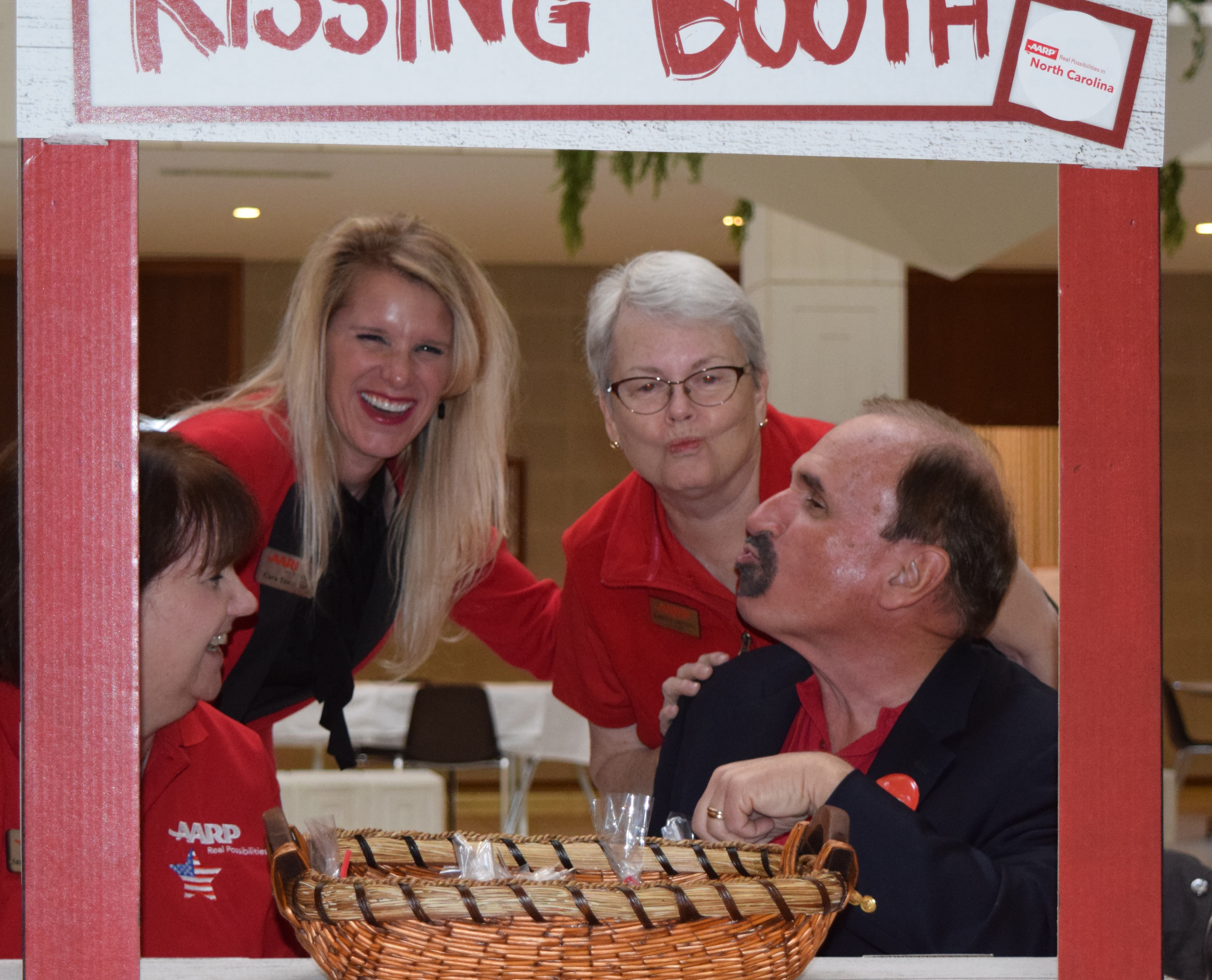AARP Eye Center
Many of North Carolina’s family caregivers, patients, and retirees may welcome three new measures AARP helped gain bi-partisan support for through the General Assembly. This week, Governor Roy Cooper signed into law three bills to make life a little easier and more affordable for many older adults and their families.
Nurse Licensure Compact
To help respond to a shortage of healthcare workers in North Carolina, licensed nurses from other states can now move here and begin working with less red tape, thanks to the passage of HB 550, an act repealing North Carolina’s restrictive nurse licensure compact and replacing with a law that welcomes nurses to serve in our local hospitals and care centers, alleviates staffing shortages now affecting people’s access to care.
Uniform Power of Attorney Act
Because power of attorney laws vary from state to state, it can be even harder financially and legally to care for loved ones in other states. And the differences in state laws, as well as lack of oversight, can lead to terrible consequences — even financial abuse and exploitation.
That’s why AARP North Carolina called on legislators to pass the Uniform Power of Attorney Act (UPOAA), SB 569, a law that makes many important changes to existing law. For example, bank tellers sometimes suspected bad actor agents of misusing POAs to access an individuals’ accounts, causing banks to intervene. For families caring for someone with Alzheimer’s, for example, financial exploitation with POAs was a major concern.
The new Act addresses concerns of abuse raised banks, law enforcement and legal professionals. Legislation that addresses these concerns is one more completed action recommended by the 2016 NC Alzheimer’s Task Force, which AARP NC was honored to help lead with the NC Institute of Medicine and NC Department of Health and Human Services.
Improved Patient Access through Telemedicine
The use of the internet, video streaming, and telephones to facilitate medical care, also known as telemedicine, has been growing because it offers many healthcare services to patients in their own homes, without the need to drive to a healthcare facility. For example, a person with COPD or diabetes may be able to automatically record health data and transmit it to the doctor or nurse, who can easily review and call the patient if there is a concern or a need to modify medications. With the passage of HB 283, the state will study advances and capabilities of telemedicine and recommend policy to next year’s legislative session.

Are you a family caregiver? Share your story and help us continue to fight for more support, help at home, workplace protection, training and relief.























































